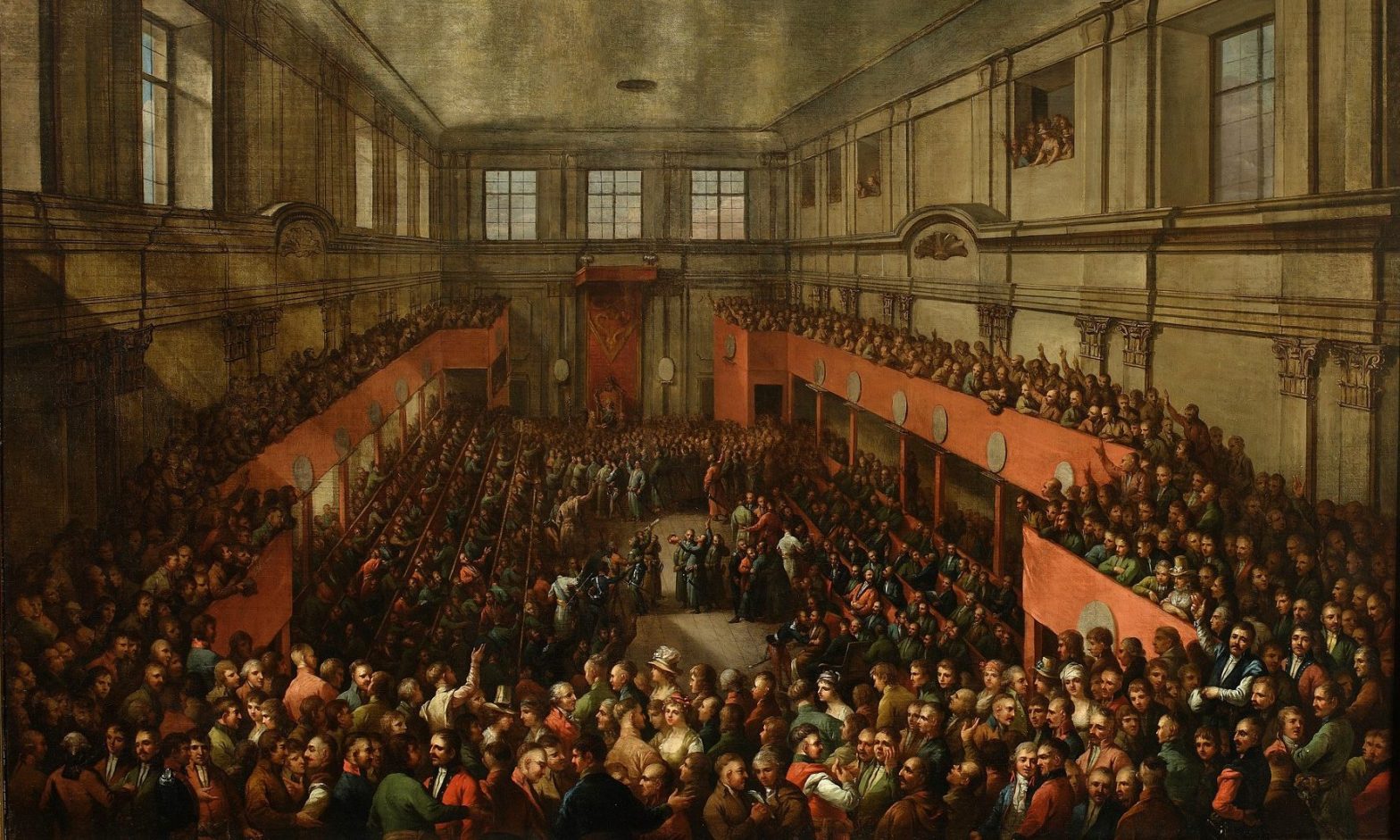“Nie Pozwalam!”
With those words, a seventeenth century parliamentarian in the Polish-Lithuanian Commonwealth could thwart any bill with which he disagreed. The American filibuster, by comparison, is majoritarian. Senators at least have the recourse of cloture if a filibuster lacks wide support. The Poles called their procedure liberum veto; once legislators started employing it frequently, few bills were ever passed. This dysfunction gave rise to the use of the term “Polish parliament,” idiomatically associated with chaos and disorder. Poland acceded to the EU in 2004, but it is only in 2016 that the Polish parliament has arrived in Brussels.
Two years ago, Canada and the EU negotiated a trade agreement—the Comprehensive Economic and Trade Agreement (CETA)—to eliminate 98% of tariffs between the two blocs. On October 23, the Belgian region of Wallonia rejected CETA, however, claiming that the pact’s investor-state arbitration regime would privilege multinational corporations. Without Wallonia’s support, Belgium could not agree to the deal. Without Belgium’s support, the EU would have failed to achieve the unanimous support required for approval. But on October 27, Wallonian and Belgian officials came to a compromise. Belgium will now independently assess the environmental impact of CETA and appeal to the European Court of Justice to determine whether the investor-state arbitration is consistent with EU law. In return, Wallonia will not block the pact.
The opinion-editorial class pounced on this tumult as evidence that the West’s political institutions were disintegrating. The European Union’s leaders appeared unable to govern in an era of simultaneous nationalist resentment and transnational problems. In fact, there are transatlantic parallels. The United States and the European Union have both faced revolts from their constituent polities on issues of transnational importance. Twenty-four American states protested the Clean Power Plan, enacted by the EPA to reduce U.S. greenhouse gas emissions and enhance American credibility in international climate negotiations. And more than half of U.S. Senators tried to block the P5+1 nuclear deal with Iran. In an age in which climate change, nuclear proliferation, and trade dominate policy portfolios, threats and opportunities spill across national boundaries. Can a supermajority requirement be applied to matters of global concern without miring states in endless decentralization and parochialism?
The state of European national politics should give observers pause before advising further devolution. In Spain, it has taken ten months for the center-right People’s Party to amass enough parliamentary support to form a government. There is no incentive for a foreign partner to negotiate a trade agreement with the EU when its terms are subject to the caprices of small EU member states whose governments change seemingly by the day. If the EU had intended for trade pacts to be approved by a drawn-out deliberative process, it would have assigned power to the European Parliament to discern their merits. In an era of popular resentment, however, a requirement of unanimity in the Council has similarly empowered national political drama to hijack decision-making.
But there are risks to centralization, just as there are drawbacks to devolution. India is a prime case study. Since independence in 1947, Indian foreign policy has been shaped by the Prime Minister’s Office, with few contributions from Parliament or the states. The landmark 2005 US-India civil nuclear deal, which provided international legitimacy to India’s nuclear energy program, was signed without a parliamentary vote. Brahma Chellaney, a right-leaning Indian intellectual, lamented, “New Delhi has been far less transparent than Washington, with Indians getting to know the various concessions and conditions from U.S. briefings or statements.” After legislators protested their impotence, some called for a constitutional amendment to require the upper house to vote on international treaties. Upon his election as Prime Minister, Narendra Modi acknowledged that the concentration of authority in the hands of a few decision makers is problematic. “Foreign policy should be decided by the people and not by some politicians sitting in Delhi,” he has said. Substitute Brussels for Delhi, and “trade” for “foreign,” and Modi has articulated the position of anti-globalization leftists and rightists in Europe.
In federal states or supranational blocs, central decision-makers must be accountable to constituent states or regions. Otherwise, the gulf between the policy positions of the center and the periphery may grow so vast that policy no longer addresses popular concerns.
A Polish Parliament may be chaos, but the Indian Parliament is mute. Democratic foreign policy establishments should eschew both models, and opt for a central decision-making process that is nonetheless informed by popular and regional variations in thought.

